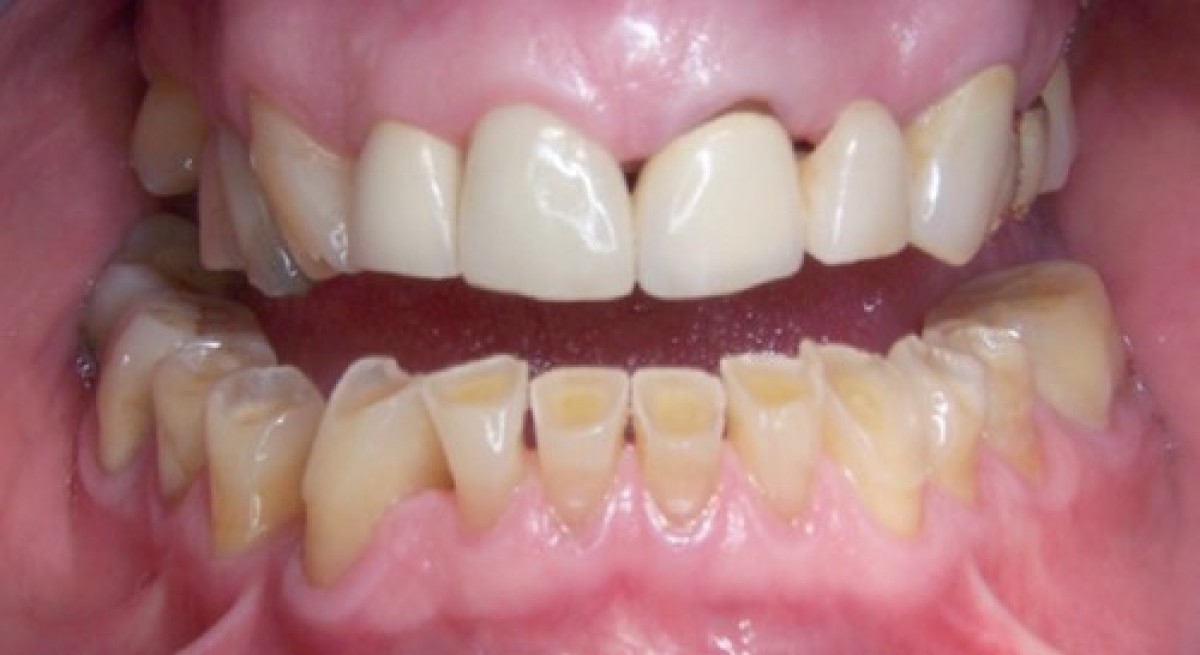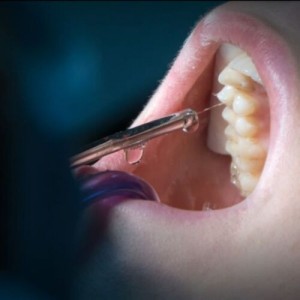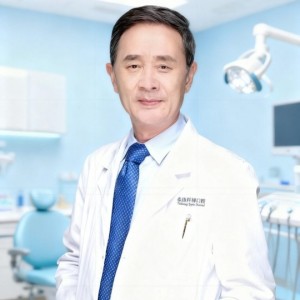
Tricalcium phosphate for dental erosion.
Lara Figini
Dental erosion can affect the long-term health of the mouth. This condition is associated with the loss of hard dental tissues due to the chemical action of dietary or stomach acids. Patient education and preventive measures are recommended to control the progression of erosive tooth wear. Frequent application of fluoride-containing products is recommended to manage the progression of this condition. Recently, new compounds have been tested to provide calcium, phosphate and fluorine ions in order to improve the formulation of oral hygiene products. Recently proposed new compounds include tricalcium phosphate particles (β-TCP) which can act as a source of mineralizing components. These represent a calcium phosphate system with reduced solubility compared to other calcium and mineral salts, capable of improving compatibility with fluorine in water-based preparations. Although the use of β-TCP appears to be promising, only a few studies have provided data on this.
Materials and methods
In an in vitro study, published on Journal of Dentistry, December 2019 , the authors assessed the anti-erosive effect of fluoride nanoparticle solutions containing β-tricalcium phosphate (β-TCP) compared with fluoride or stannic fluoride on enamel and dentin.
The authors developed 60 enamel and dentin samples randomly placed in six groups (n = 10):
Group 1 or control group (samples treated with water);
Group 2 or group F (samples treated with NaF, 225ppm F-);
Group 3 or group F + Sn (samples treated with NaF + SnCl2, 800 ppm Sn2 +);
Group 4 or group F + β-TCP (samples treated with F + 40ppm β-TCP);
Group 5 or group F + Sn + β-TCP (samples treated with F + Sn + 40ppm β-TCP);
Group 6 or group F + Sn + 100β-TCP (samples treated with F + Sn + 100ppm β-TCP).
Specimens underwent erosion-remineralization cycling (5min immersion into 1% citric acid solution and 60min exposure to artificial saliva, 4×/day, 5 days). Immersion in the test solutions was performed for 2min, 2×/day. Surface loss (SL, in μm) was determined by optical profilometry at the end of cycling. Data were analyzed using one way-ANOVA and Tukey’s tests (α=0.05).
Results
XRD confirmed the β-TCP phase. TEM micrographs showed differences between the bare nanoparticle and the β-TCP functionalized with F and Sn. All enamel groups presented lower SL than the control, with F+Sn, F+Sn+β-TCP, and F+Sn+100β-TCP showing the lowest values. For dentin, all the groups had lower SL than the control. F+β-TCP presented the lowest SL, significantly differing from all the other groups.
Conclusions
From the data of this study, which must be confirmed in other similar studies, it can be concluded that β-TCP nanoparticles functionalized with fluoride showed improved anti-erosive effect compared to the fluoride solution on dentin. There was no significant effect of the β-TCP nanoparticles functionalized with fluoride plus stannous in both substrates..
Clinical implications
Β-TCP nanoparticles represent a promising agent to be added to traditional oral hygiene and health products to enhance the protective effect of fluoride towards dentinal erosion.
For additional information: Novel fluoride and staus -functionalized β-tricalcium phosphate nanoparticles for the management of dental erosion.
 Read more
Read more
Editorials 10 October 2025
With proud smiles and crisp white coats, ninety-three learners from the DDS Class of 2029 and the International Dentist Pathway Class of 2028 marked the start of their dental careers at the UCSF...
Periodontology 10 October 2025
Continuous professional development (CPD) in Periodontology refers to the overall framework of opportunities that facilitate a life-long learning practice, driven by the learner-practitioner and...
TheraBreath, the #1 alcohol-free mouthwash brand in the U.S.*, has introduced a new line of dentist-formulated, clinically tested toothpastes designed to support professional oral care...
News 10 October 2025
New officers and trustees were installed at the Minnesota Dental Association’s Leadership Conference on September 19 in Minneapolis.
News 10 October 2025
Smartee Denti-Technology today announced that Professor Gang Shen, its Chief Scientist and Executive President of TaiKang ByBo Dental, has once again been named to the World’s Top 2% Scientists...










